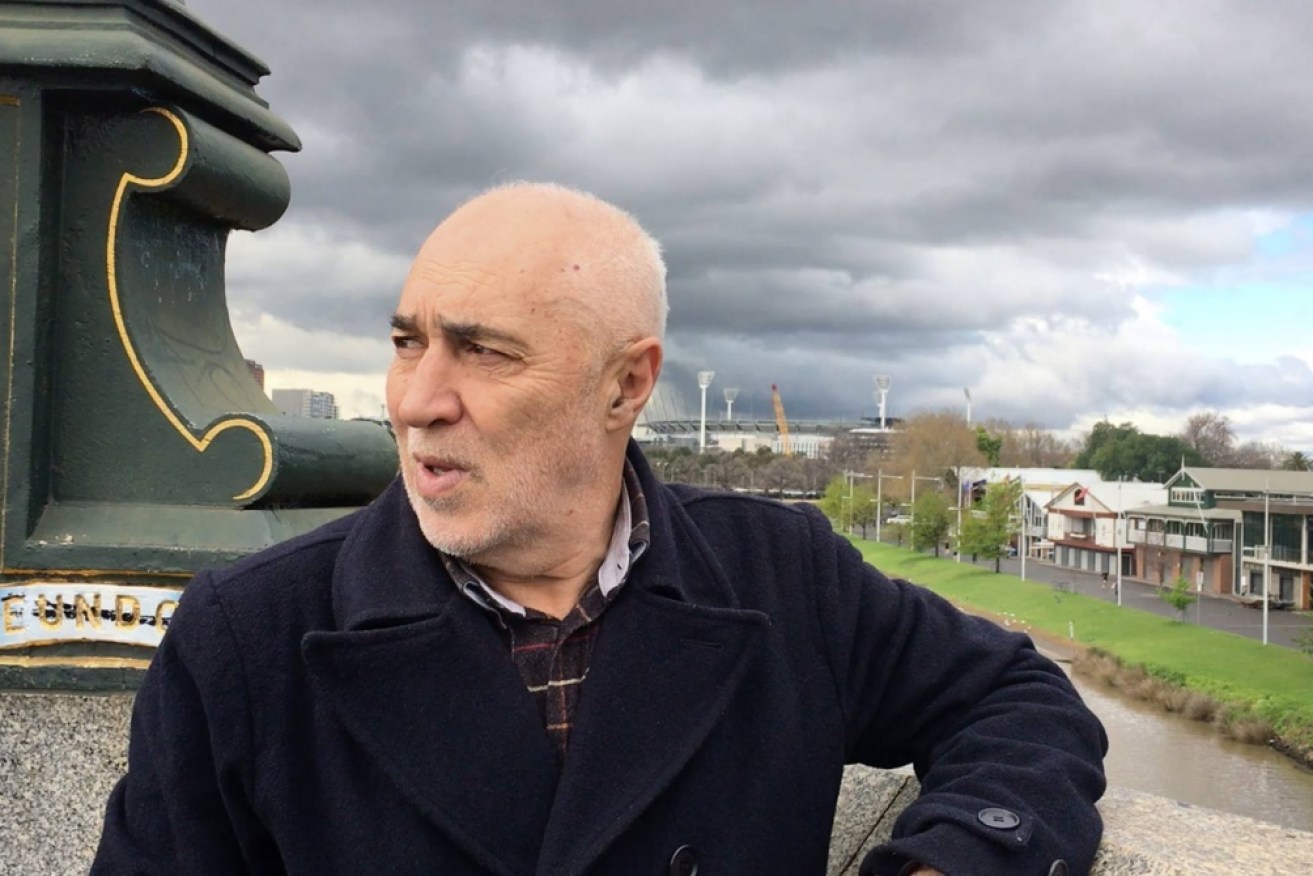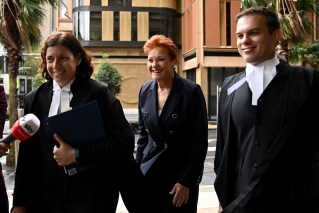Time to scrap ‘absurd’ section of constitution: former MP Phil Cleary


Former MP Phil Cleary says it is time to change the constitution. Photo: Facebook
The former independent politician whose 1992 High Court case will be crucial in determining the fate of three embattled parliamentarians says it’s time to change the Australian constitution, describing Section 44 as “absurd”.
Section 44 of the constitution has claimed the careers of Greens senators Scott Ludlam and Larissa Waters and now threatens the futures of former cabinet minister Matt Canavan and One Nation’s Malcolm Roberts.
Phil Cleary, whose election in the seat of Wills was struck out under section 44, said he had no sympathy for those who had been forced to resign – or may soon have to – over dual citizenship.
But he called for changes to the ‘Office of Profit under the Crown’ provision that saw his own election struck out and could now force Nationals MP David Gillespie out of Parliament.
“I think the constitution has to be revisited,” Mr Cleary told The New Daily.
“If a teacher on leave without pay is ineligible, the constitution must be changed. If a university lecturer is ineligible the constitution most definitely must be changed.”
In a case that threatens the government’s majority, Dr Gillespie has been referred to the High Court because the shopping centre he owns is home to an Australia Post outlet.
The same law has also cast a cloud over the Greens’ Andrew Bartlett, who is in line to replace Senator Waters but was employed as a lecturer at the Australian National University when he nominated.

Pauline Hanson referred One Nation senator Malcolm Roberts to the High Court last week amid doubt over his eligibility to sit in Parliament. Photo: AAP
A Constitutional Commission report in 1988 argued that the provision should be made more specific while a 1997 parliamentary committee found it was “something of a minefield”.
Mr Cleary said the law was “absurd” because it meant that “people who hold an ordinary job in society are extremely disadvantaged”.
“I can be a multi-millionaire with private companies everywhere and I can run for Parliament,” he said.
“If I’m a teacher or maybe a university lecturer, I must resign my position even before I’m elected. Then I’m at risk of being out of work.”
Section 44, paragraph iv, determines a person ineligible to sit in Parliament if they hold “any office of profit under the Crown”.
In November 1992, seven months after the former Aussie Rules football coach had surprised the major parties by winning the seat vacated by former PM Bob Hawke, the High Court ordered Mr Cleary out of Parliament.
Despite being on unpaid leave in his role as a teacher for the Victorian Education Department, the court ruled Mr Cleary was profiting from the Commonwealth.
However, the case had further ramifications with the court ruling that any candidate who holds citizenship of a foreign power must take all reasonable steps to renounce it. Two of his opponents had failed to do so, the court said.

Nationals MP Matt Canavan discovered he is a dual citizen thanks to his mother. Photo: ABC
Mr Cleary’s case is now being cited as crucial in determining the futures of former Resources Minister, Senator Canavan, and One Nation’s Malcolm Roberts.
On this part of the law, Mr Cleary was less sympathetic, saying it was “reasonable to expect someone to give their allegiance to country in which they’re elected”.
“Which leads me to say I have little sympathy for nationalists who run foul of dual citizenship,” he said.
“These are people in political parties with all the resources to determine their eligibility to stand for Parliament. They’ve got every reason to feel really stupid.”
Last week, Senator Hanson referred Senator Roberts’ eligibility to the High Court amid questions over whether he had renounced his British citizenship before nominating as a candidate.
Senator Canavan, who says his mother registered him as an Italian citizen without his knowledge, will also fight for his career in court.








